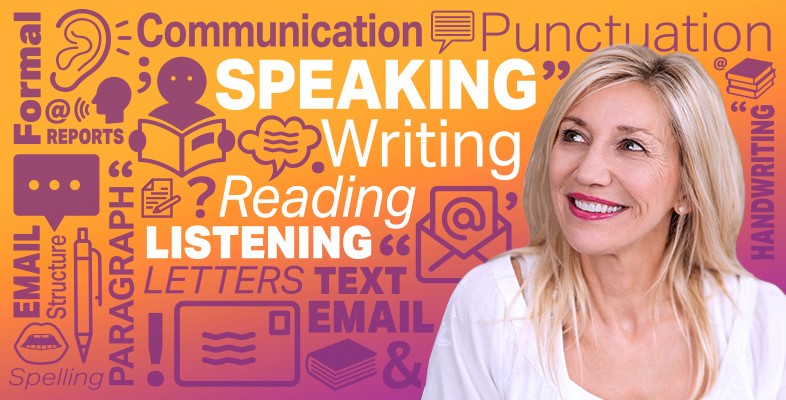 free course icon
level 1: introductory icon
free course icon
level 1: introductory icon
Languages
Getting started with Chinese 1
Have you always wanted to learn how to speak Mandarin Chinese? Are you fascinated by the sound, the script and its ancient civilisation? If so, this introduction will get you started on the essentials of reading, writing, speaking and listening in Chinese through a variety of online activities. A perfect introduction for absolute ...
 free course icon
level 1: introductory icon
free course icon
level 1: introductory icon
Languages
Teaching Spanish pronunciation
Welcome to this free course Teaching Spanish pronunciation.This short course is aimed at teachers of Spanish working in the United Kingdom who wish to extend their theoretical knowledge on teaching Spanish pronunciation. It offers ideas and practical skills that can be used in the classroom, be that virtual or face-to-face. This course will ...
 article icon
article icon
Languages
The Special Adviser’s Tale, or Political Storytelling in the Time of Covid
When Dominic Cummings broke the COVID-19 lockdown rules, how did the attempts to 'change the narrative' by Cummings and the government defy the logic of storytelling?
 article icon
article icon
Languages
Public health communication during a pandemic
We've all seen the government slogans 'Stay home' and 'Stay Alert' but are these effective? Dr Korina Giaxoglou explores the three main elements to the design of ‘good’ public health messaging.
 article icon
article icon
Languages
The impact of COVID-19 on linguists and their mental health
The coronavirus pandemic of 2020 has impacted on every area of our lives. Severine Hubscher-Davidson explores what the mental health impact of coronavirus among linguists can tell us about the mental health impact of coronavirus in society.
 article icon
article icon
Languages
Why has English taken over academia?
If English is globally squeezing out teaching in local languages, the fault isn't with the language but with economics. Anna Kristina Hultgren and Elizabeth J. Erling explain.
 free course icon
level 1: introductory icon
Badge icon
free course icon
level 1: introductory icon
Badge icon
Languages
How to learn a language
This course introduces the skills and strategies for language learning, setting realistic goals when learning languages and keeping motivated, practise speaking skills and vocabulary learning strategies. It will enable you to evaluate resources and create a virtual immersion environment.
 free course icon
level 1: introductory icon
Badge icon
free course icon
level 1: introductory icon
Badge icon
Education & Development
English: skills for learning
Develop the English reading and writing skills needed for university success.
 free course icon
level 2: intermediate icon
free course icon
level 2: intermediate icon
Languages
Intermediate Spanish: A trip across Latin America
In this free course you will embark on a journey off the beaten track, to see the natural wonders of Latin America and some of its people. Intermediate Spanish: A trip across Latin America invites you to discover how people in South and Central America have adapted to the different environments which have created the conditions in which ...
 free course icon
level 2: intermediate icon
free course icon
level 2: intermediate icon
Languages
Intermediate German: The world of work
This course concentrates on developing cultural knowledge and practical language skills in listening, speaking, reading, writing and interacting in a variety of situations.
 article icon
article icon
Languages
Year of the Rat: Chinese New Year
Happy Year of the Rat. Why not learn how to write and pronounce basic Chinese words to celebrate Chinese New Year?
 free course icon
level 1: introductory icon
free course icon
level 1: introductory icon
Languages
АНГЛІЙСЬКА НА КОЖЕН ДЕНЬ
Чи хотіли б ви покращити своє поточне знання англійської або, можливо, згадати теми, які ви, скоріш за все, забули? Цей безкоштовний курс є гарною підготовкою до вивчення офіційного рівня English Essential Skills Level 1, який доступний в Уельсі. Незважаючи на те, що курс не охоплює всі аспекти сучасної навчальної програми English Essential ...